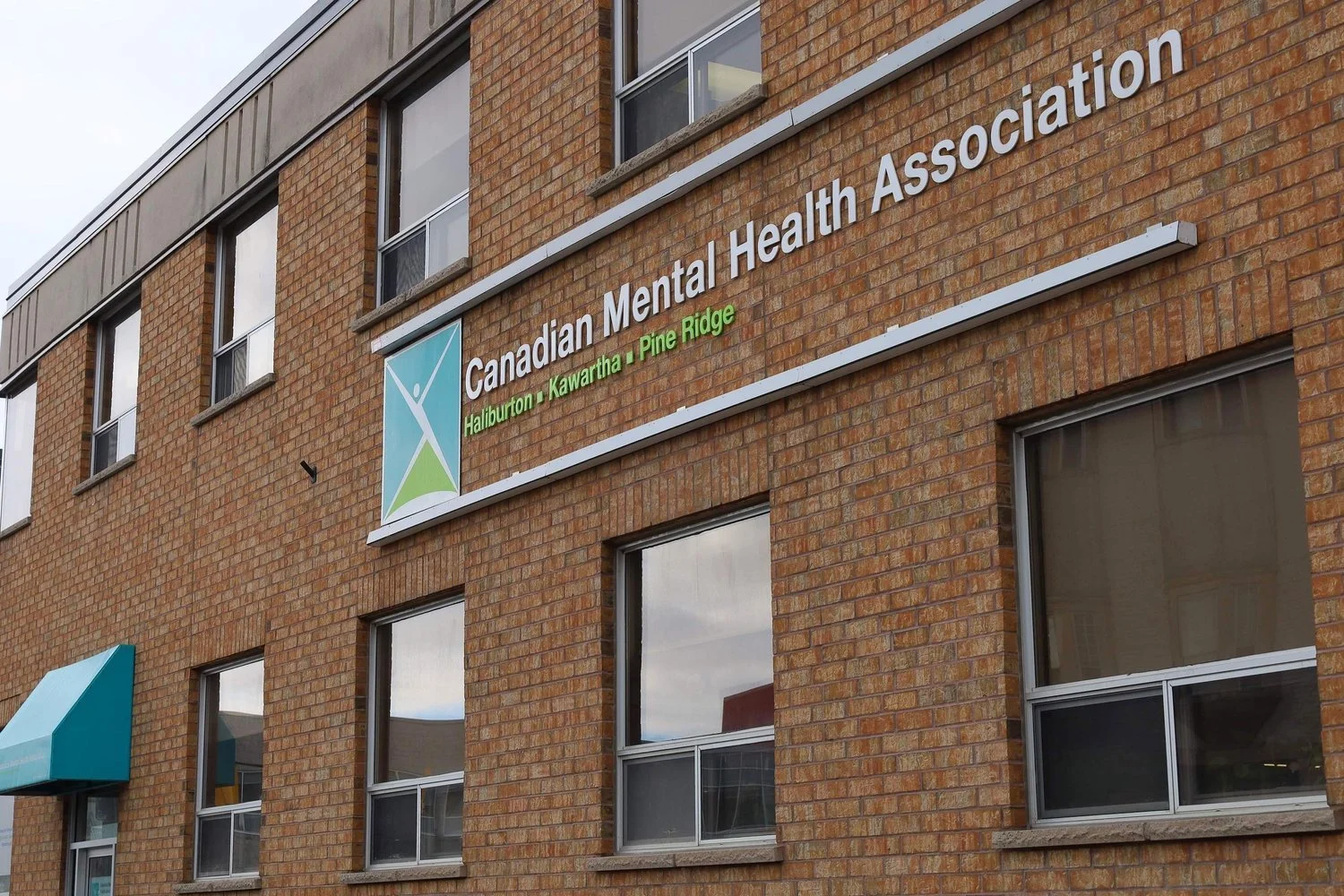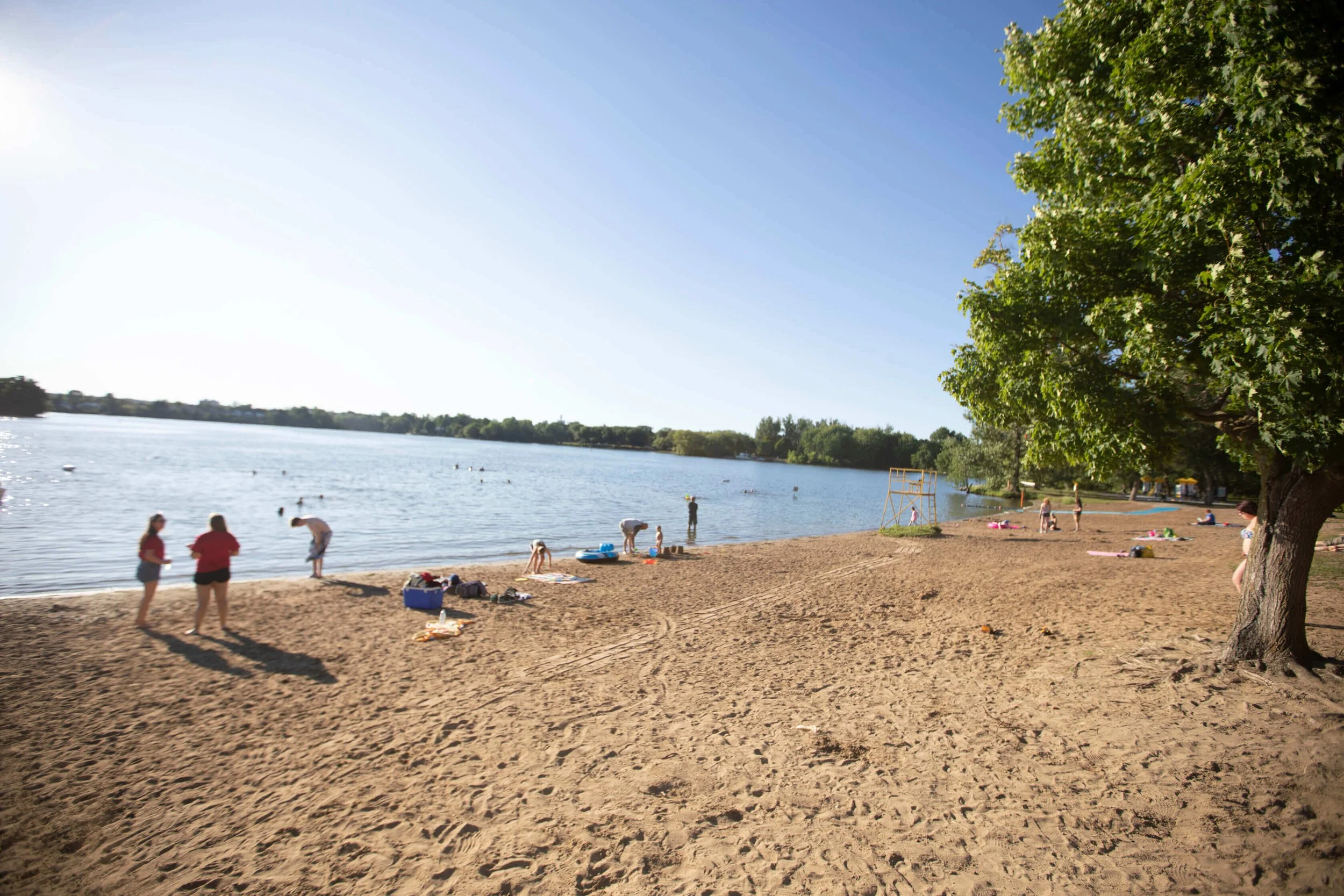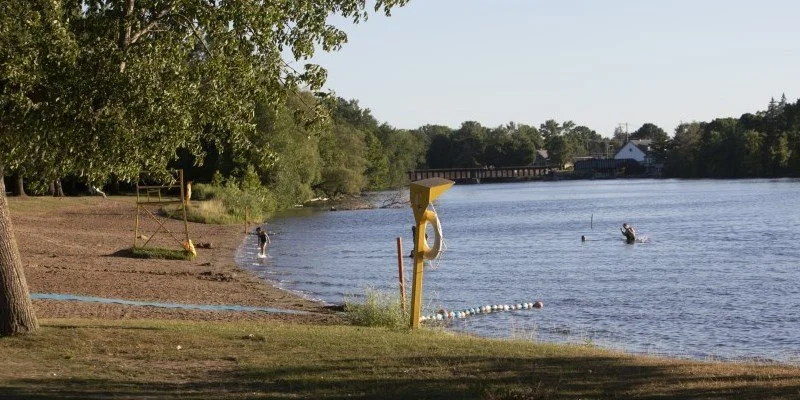Peterborough Public Health Urges Public To Protect From Mosquito Bites After Confirmation of Virus Found From a Horse
/Peterborough Public Health (PPH) is reminding residents to protect themselves from mosquito bites following a positive horse case of Eastern Equine Encephalitis Virus (EEEV) in the Peterborough region last week.
Stock photo.
This is the first equine case in our area and the sixth confirmed in Ontario this year according to PPH.
EEEV is transmitted to horses through mosquito bites, similar to West Nile Virus. Humans can also contract it from mosquitoes carrying the virus. It cannot acquire the virus from horses or other humans, only the bite of an infected mosquito. While human infection of EEEV is extremely rare, the symptoms can be severe and life-threatening.
Preventing Mosquito Bites:
Wear long-sleeved, light-coloured clothing, or special clothing (e.g., clothing treated with permethrin) designed to protect you from bugs
Use mesh screens and close routes of entry (e.g. windows, doors) to prevent mosquitoes from entering your home
Stay indoors during dusk and dawn, when mosquitoes are most active
Use insect repellent containing DEET or icardin
Remove sources of stagnant/standing water from your property to prevent mosquito breeding



















